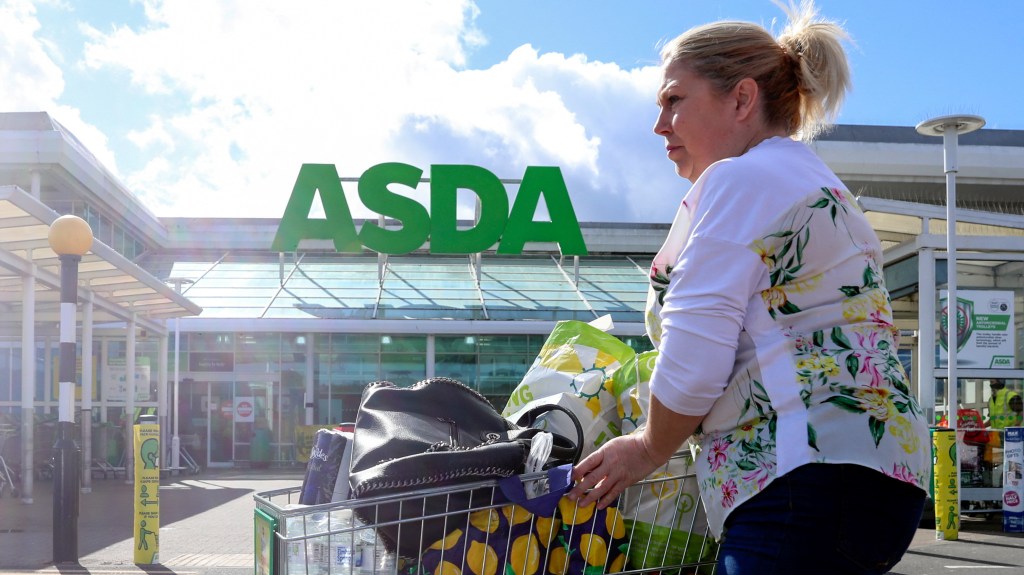Rachel Reeves May Face Pressure to Increase Taxes
The Chancellor is on the verge of depleting a significant £10 billion reserve intended to align with her budget rule, which may lead to potential tax increases or cuts in government spending when new economic forecasts are published next month.
According to the National Institute of Economic and Social Research (NIESR), Rachel Reeves is projected to just meet her self-imposed budgetary “stability” rule, which aims for government operational expenses to be funded by income instead of relying on borrowing, by the close of this parliamentary term.
However, the think tank cautioned that there is no remaining fiscal buffer to absorb unexpected economic shocks to public finances.
“There will be no capacity for additional spending in response to sudden challenges or for increased public investment aimed at stimulating growth as long as the current tax constraints persist,” stated the institute in its latest quarterly analysis.
NIESR’s forecast suggests that no fiscal leeway exists, as the budget is projected to be precisely balanced by the end of the forecast period. Maintaining current taxation and expenditure plans means there will be no cushion available to withstand potential economic fluctuations for the remainder of the parliamentary term.
The Chancellor’s ability to maneuver has been significantly hampered by a pronounced sell-off in UK government bonds earlier this year, along with growing expectations that major monetary easing from the Bank of England will be unlikely in 2025. This reassessment of market conditions will be utilized by the Office for Budget Responsibility (OBR) to re-evaluate the government’s capacity to meet Labour’s goal of balancing day-to-day spending by 2029-30. The OBR’s updated estimate is set to be released on March 26.
The OBR has initiated a process to develop its economic outlook, engaging in discussions with the Treasury and various government sectors regarding how their policy actions will impact economic growth over the upcoming five years.
Although Reeves has indicated she will not propose additional tax increases this spring, there is a possibility of further fiscal consolidation during the autumn budget announcement.
NIESR predicted that the Bank would reduce interest rates once again this year and a further cut in 2026, stabilizing the base rate at 4 percent by the end of the following year. The institute also expects inflation to rise to 3.2 percent at the beginning of 2025, subsequently falling to 2.4 percent by the year’s end and eventually aligning with the Bank’s target of 2 percent.
Furthermore, the think tank noted that threats of tariffs from President Trump could slightly hinder UK economic growth while pushing inflation rates higher. Specifically, imposing a 60 percent tariff on all Chinese goods, alongside a 10 percent levy on other imports, could reduce Britain’s GDP by 0.2 percentage points in the first year and lead to a 0.4 point increase in consumer price inflation.
On a positive note, NIESR forecasts that the UK economy will grow by 1.5 percent this year, marking the third-highest growth rate within the G7, boosted by increased government spending outlined in the budget. This figure is significantly higher than the Bank’s previous forecast of 0.75 percent and comes after warnings that the UK narrowly sidestepped a recession at the end of 2024.
However, NIESR stated that the anticipated growth in 2025 might provide only a “temporary boost,” failing to improve living standards for many households. It projected a 1.9 percent rise in real disposable income this year and a 1 percent increase in 2026, which would not offset the decline in living standards experienced between 2022 and 2024.
Additionally, Labour’s proposals to relax planning regulations, increase housing construction, and draw in foreign investments are not expected to significantly benefit regions that have been “left behind,” where transportation networks and public infrastructure are inferior compared to London and the southeast. Adrian Pabst, NIESR’s deputy director, remarked, “You cannot enhance living standards uniformly across the country if investment remains concentrated in London and the southeast. A broader strategy is essential to address this issue.”




Post Comment